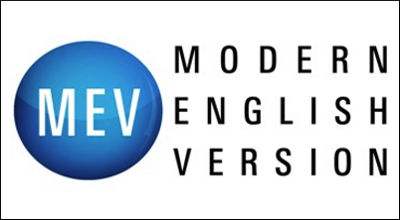 In 2014 Charisma House will release an update to the King James Version called the Modern English Version (MEV). It will be the most modern update to the KJV. It will retain the literal translation and capitalize references for God. The goal of the MEV is to provide a translation that is suitable for both reading and study. You can read more at Charisma News:
In 2014 Charisma House will release an update to the King James Version called the Modern English Version (MEV). It will be the most modern update to the KJV. It will retain the literal translation and capitalize references for God. The goal of the MEV is to provide a translation that is suitable for both reading and study. You can read more at Charisma News:



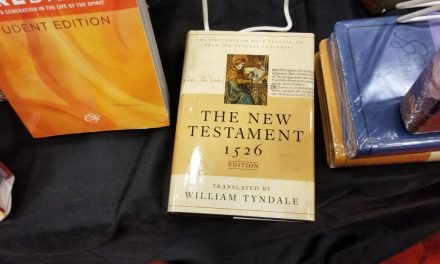

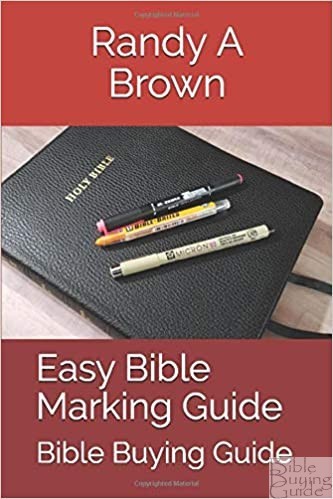
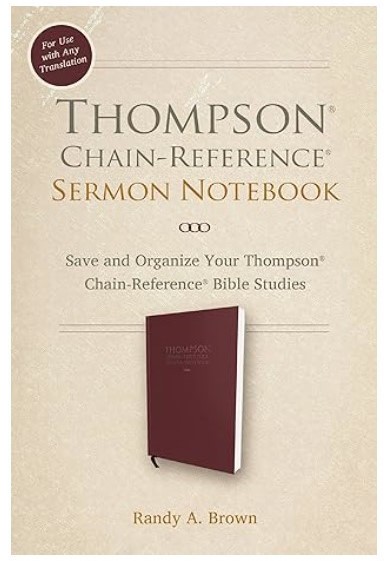
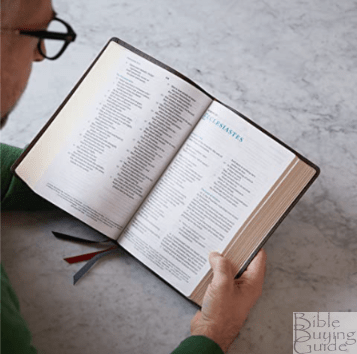


How can I pre-order a copy?
Hi Teresa. I haven’t seen the complete Bible available for preorder yet. There are a few New Testaments on Amazon and Christianbook. If I find a complete MEV Bible I’ll post a link.
When initially reading about a new translation called the Modern English Version (MEV), which is supposed to be based upon the texts used for the KJV, I was looking forward to it’s release. Now, after reading who is behind this particular translation I’m a little concerned. Are we getting to the point where every domination will now have their very own bible translation such as, HCSB for Baptists and now MEV for the Assemblies of God? I’m curious, what does everyone else think about this trend? Or is this question not in line with the purpose of this blog?
Hi Norm. This question is in line with the purpose of this blog and it’s a very good observation. I’ve been concerned about this too. I was thinking along the lines of publishers having their own translation to push, but you’re right – it goes deeper than that. Publishers are often owned by, or affiliated with, denominations. In my opinion this will always flavor the translation toward denominational biases (or at least it seems that it would. I haven’t looked at specific examples to know if this is true). Comparing translations based on theological bias would make a good study.
There is another one that I failed to mention called the CEV or Common English Version, which is advertised as being affiliated with various church groups. Also if the members of the various Translation committees cover a wide spectrum of denominations, it kind of gets to the point of what’s the purpose. I was also wondering if the reason has something to do with copywriting. Personally I like the idea of using the King James in comparison with one or two of the leading modern translations.
Me too. I use KJV as my primary translation and I read and refer to the NKJV and ESV mostly. Next would be NIV and NASB, and then HCSB. I agree with you about copyrighting. It seems that publishers want their own version so they can copyright it and license it to other publishers. For example, Cambridge pays licensing fees to Nelson for NKJV, Crossway for ESV, Zondervan for NIV, Holman for HCSB, Lockman for NASB, and Tyndale for NLT. They’re already the royal publisher for KJV (the queen holds the KJV copyright in UK). I’ve reviewed a CEV or two. It’s a thought-for-thought translation. It’s along the line of NLT. Not as literal as the NIV but not quite a paraphrase.
What about a parallel King James Version and World English Bible? Outside the UK the KJV can be printed freely; and permission to print it is freely obtainable within the UK. The WEB may be printed freely anywhere; and (provided the WEB name is not used) its text may be altered.
Are there any other good modernised KJV translations?
Randy, Thanks for your reviews on the MEV! It’s not a version that I had seen, but your reviews persuaded me that I should read it! So, following through your link to Amazon, I saw that an economy paperback is available for only around £3/$3 – so, I’ve ordered a copy! (Last of the big spenders! Some thoughts are occurring to me about possibilities of using this version in evangelism etc.; and perhaps I might come back on that point once I have perused the translation.